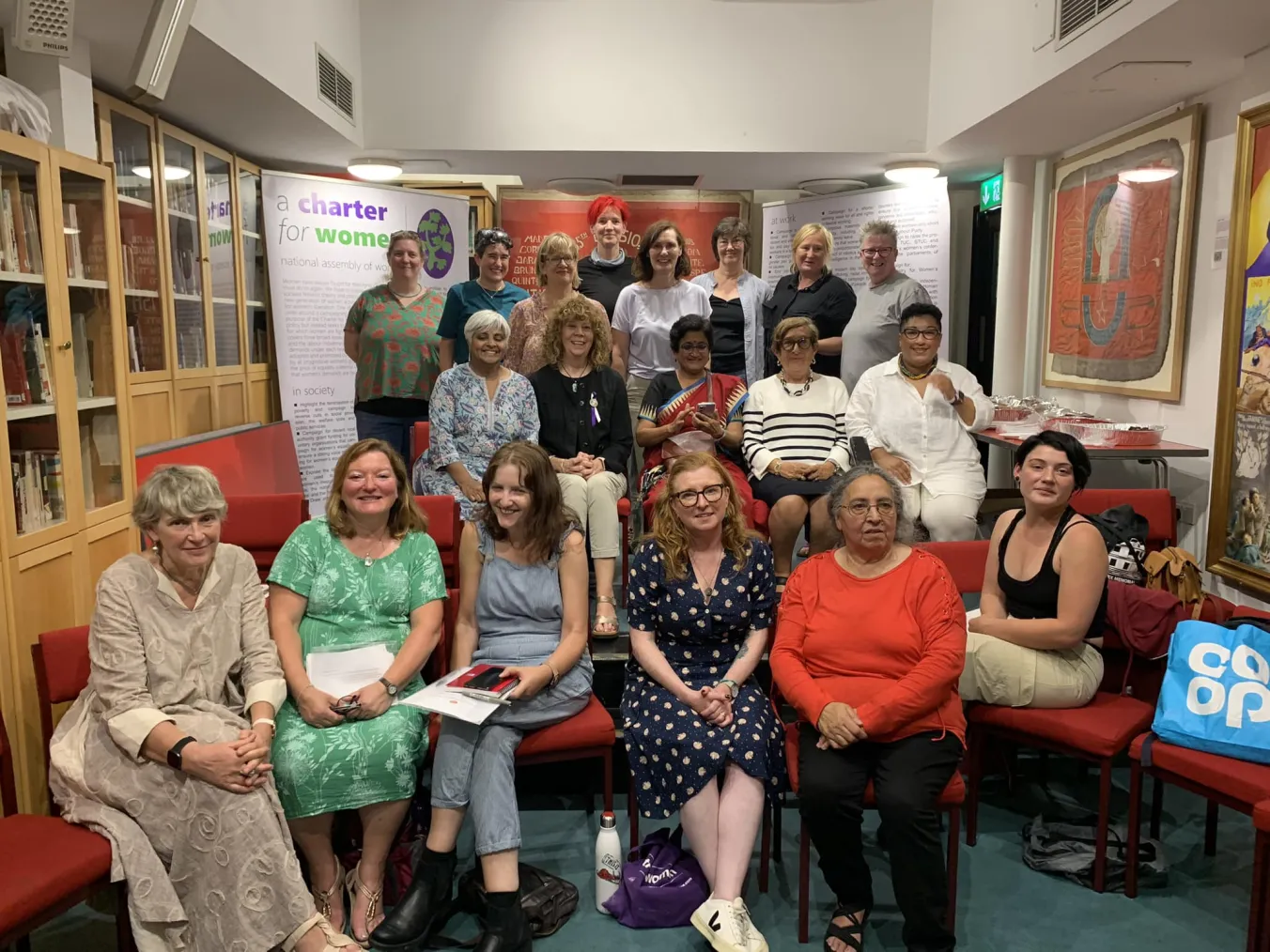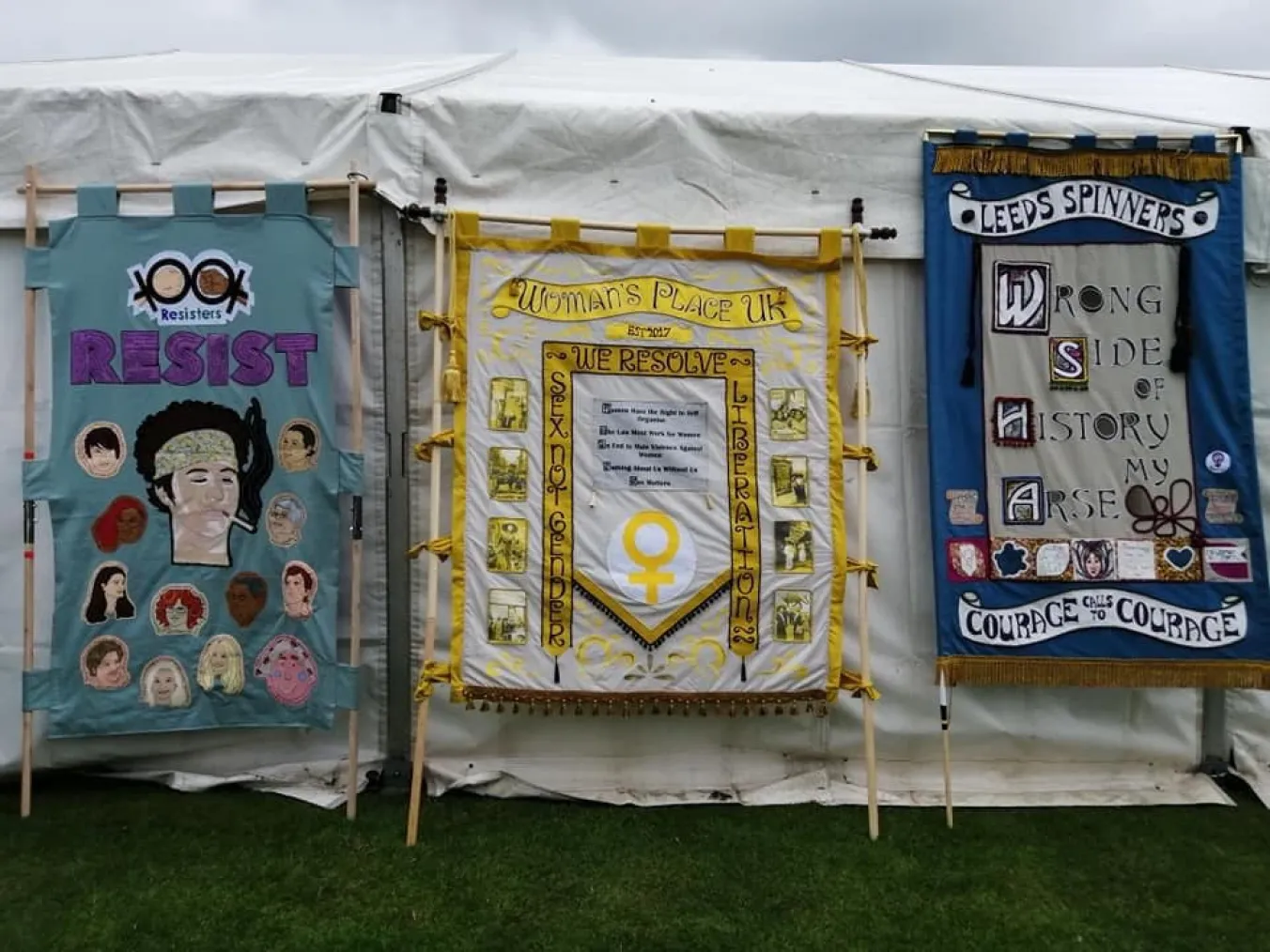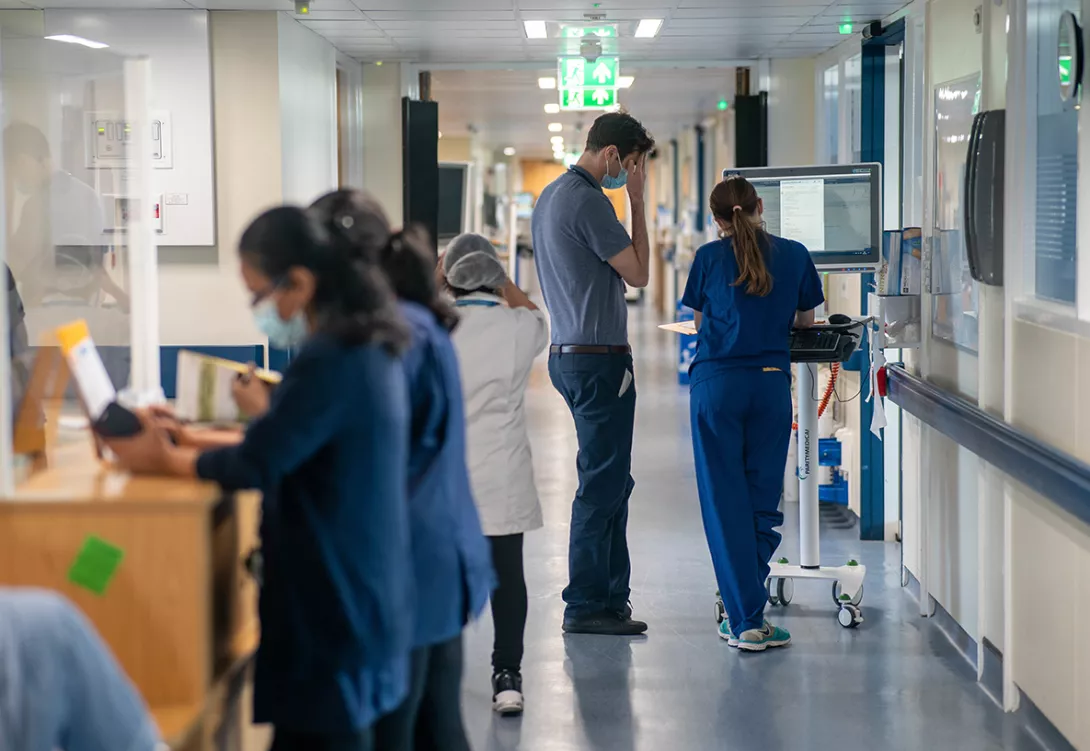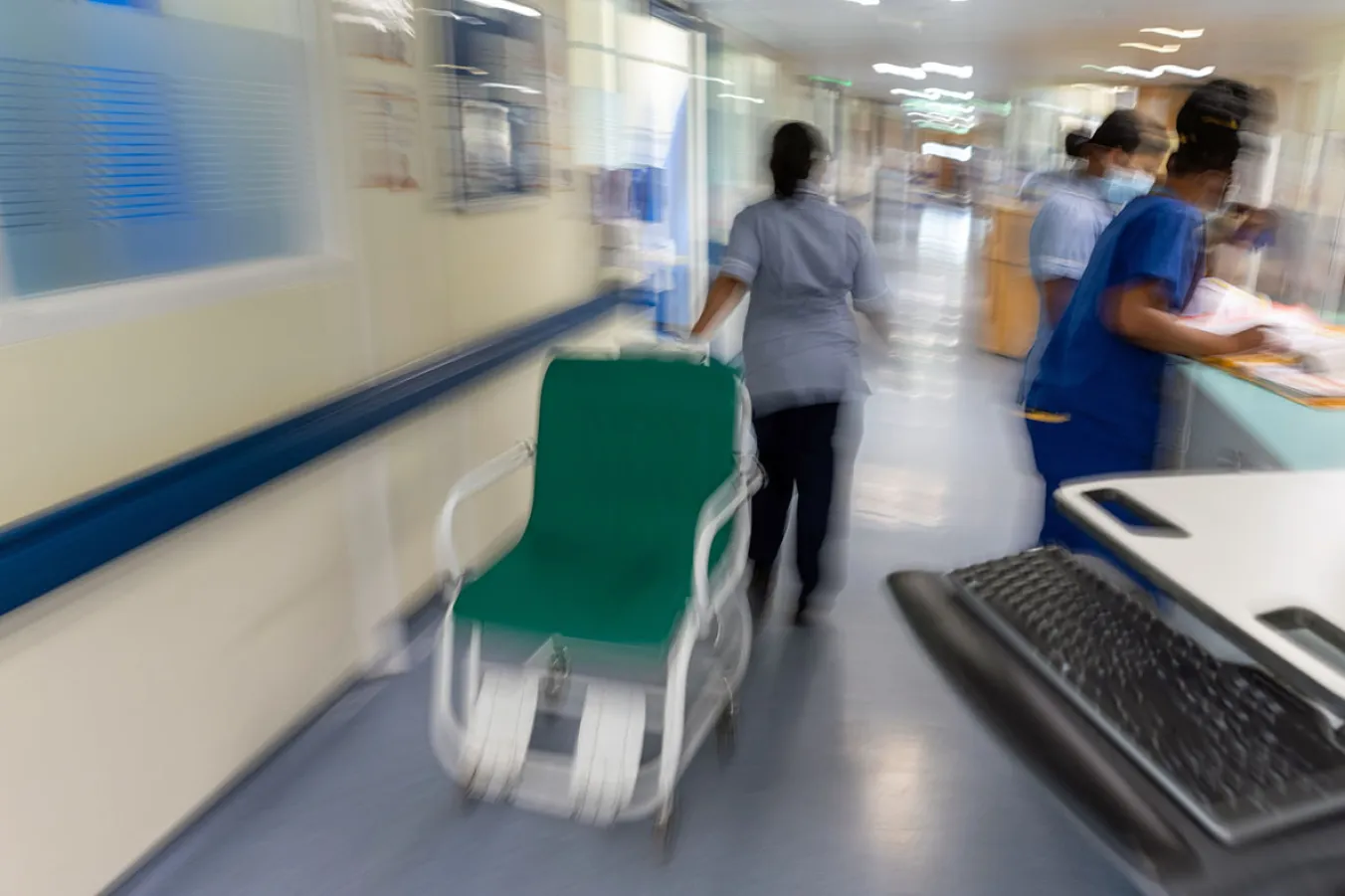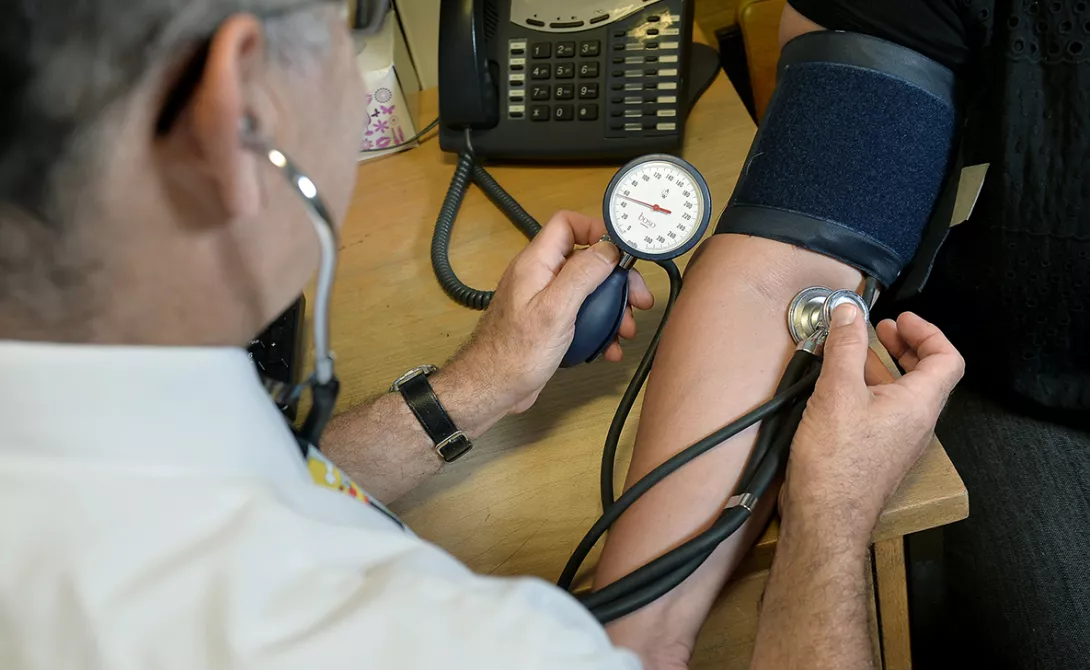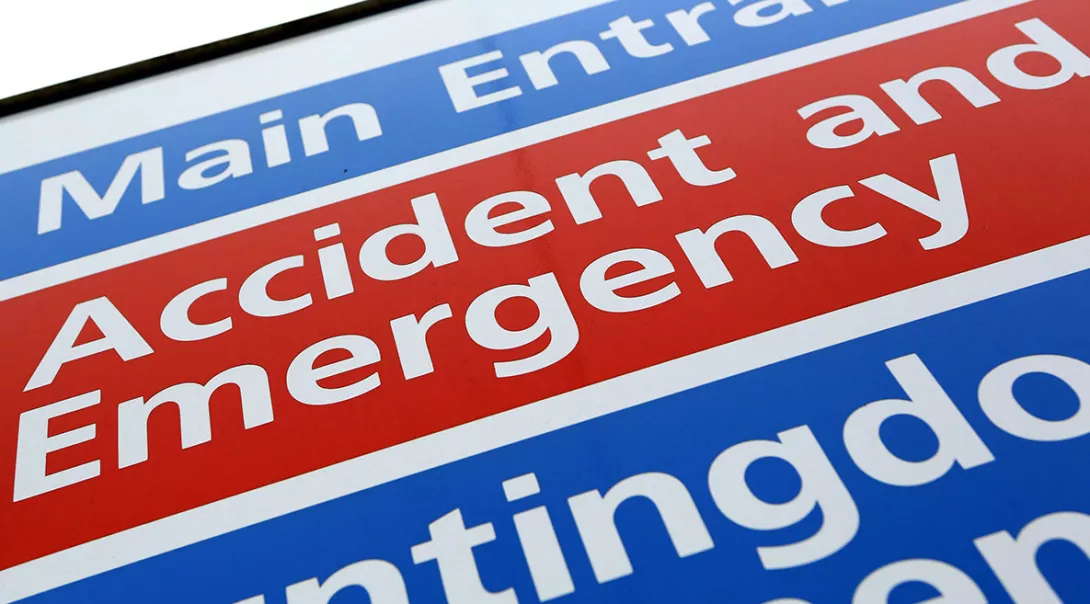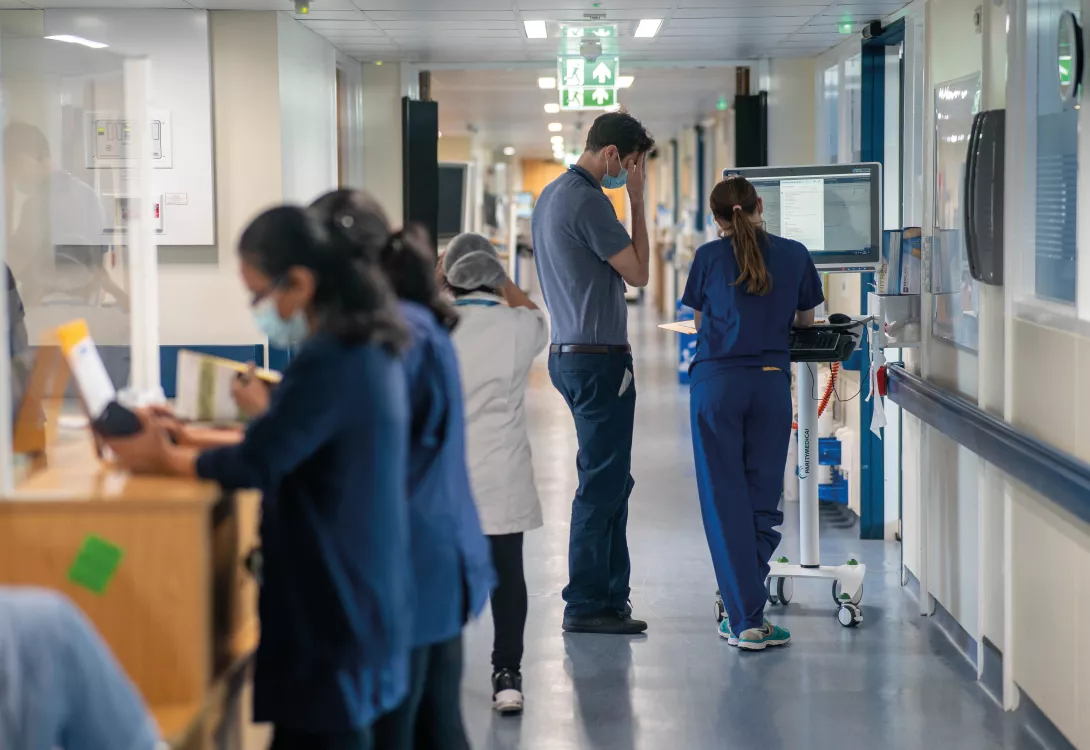
ONGOING and sustained attacks against the National Health Service are nothing new. Cuts, closures, long waits and poor services have become the daily reality for workers in Lanarkshire and across Scotland and the UK.
The devolution of health to the Scottish Parliament should in theory allow for us to better organise resources and attend to the needs of every Scottish health board with the interest of communities at their heart, as well as protect NHS Scotland from harsh Tory cuts and privatisation — as the idiom goes, “at least its not as bad as down south.”
In reality the opposite has been seen. The SNP continues to push forward with a failed policy of the centralisation of services, depriving both working-class and rural Highland communities of much-needed services. Be it GPs, radiography or cancer services, workers have been left with a postcode lottery of health services.


